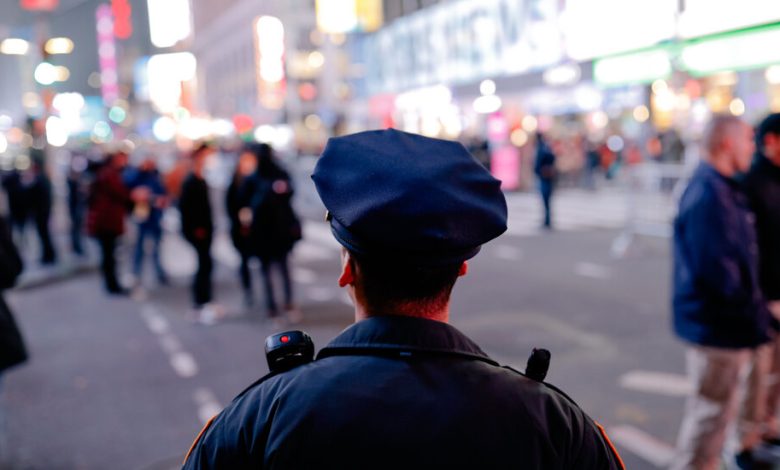Police Officers May No Longer Hold People to Check for Warrants

New York City police officers can no longer detain people solely to determine if there is a warrant for their arrest, if they don’t believe a crime has happened or is imminent, under a settlement filed in Manhattan federal court on Friday.
The police often stop people because officers believe they have illegal weapons, or have committed another crime. But now, during these stops, officers will be permitted to ask only questions related to the stop itself, under the new settlement. If the reason for the stop is resolved, the person will be free to go.
Previously, even if officers did not find evidence of a crime, they would often hold people longer to conduct warrant checks using digital databases that rely on surveillance systems, according to a lawsuit brought by the Legal Aid Society, Handley Farah & Anderson and Stroock & Stroock & Lavan on behalf of seven people who were the subjects of these warrant checks.
The case challenged practices reminiscent of policing in the 2000s, when stop-and-frisk tactics often targeted people of color as officers sought guns and drugs. Those practices were later deemed unconstitutional.
Mayor Eric Adams, a former police officer, has lauded stop-and-frisk in his crusade against crime. While he has acknowledged the department abused residents in the past, he said the practice is still a necessary tool for officers on the streets.
Friday’s settlement, in which the city admitted no liability, requires it to pay about $454,000 in damages. All officers must also be trained in the new policy changes by the end of January.
In a statement, the city’s Law Department said that “the settlement of this 2019 case was in the best interest of all parties.”
Efforts to reach the Police Department for comment were not immediately successful early Friday.
Molly Griffard, a staff attorney with the Cop Accountability Project at the Legal Aid Society, said that detaining people to look for outstanding warrants turned “each of these stops into an unrelated fishing expedition.”
The settlement “holds the N.Y.P.D. accountable for infringing on the rights of New Yorkers,” she said.
Terron Belle, 29, the lead plaintiff in the case, had been walking home from the subway in 2017 when four plainclothes officers approached him at West 150th Street and Bradhurst Avenue in Manhattan and searched him, according to the complaint.
The officers said they stopped him because they believed he was carrying an illegal gun, Mr. Belle said. Even when they found nothing, the officers still demanded to see his identification. They then detained Mr. Belle while they scanned their databases for open warrants.
There were none.
“I was treated like a criminal and held against my will so that they could run a warrant check on me when I had done nothing wrong,” Mr. Belle said in a statement following the settlement.
